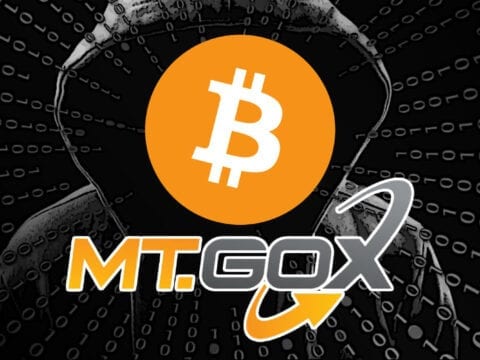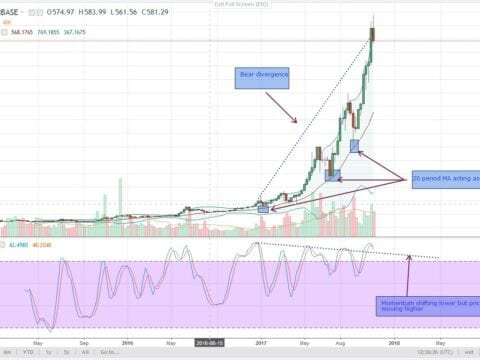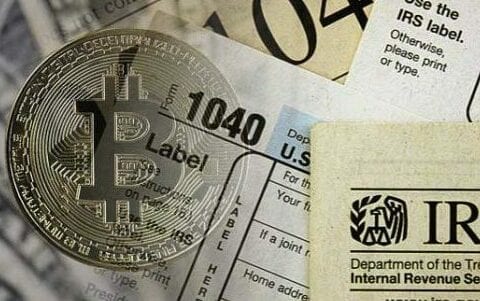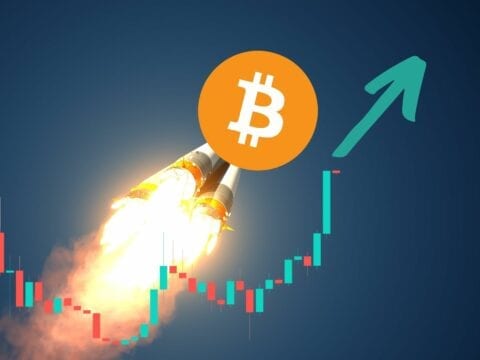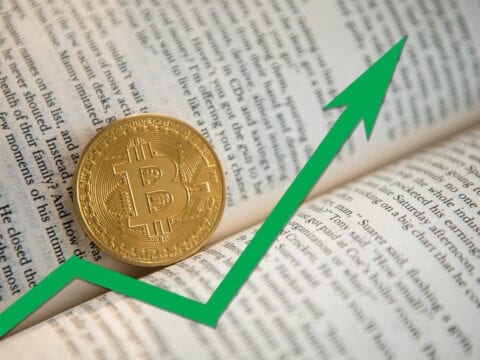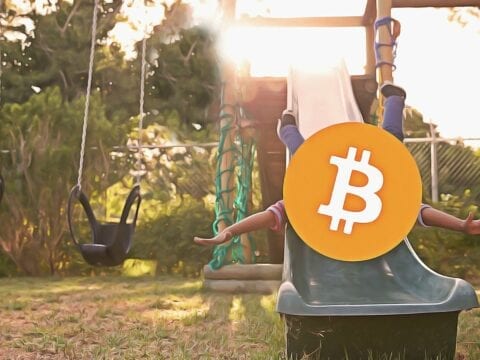The changes in Bitcoin prices in the past year have been nothing short of tumultuous. From the highs of about $20,000 in December 2017 a piece to the current prices of about $10,000, several factors have shaped market trends decisively. None, however, has had a more unilateral and negative influence as Mt Gox-it did and continues to cause reverberations across the crypto world.
Mt Gox Hack
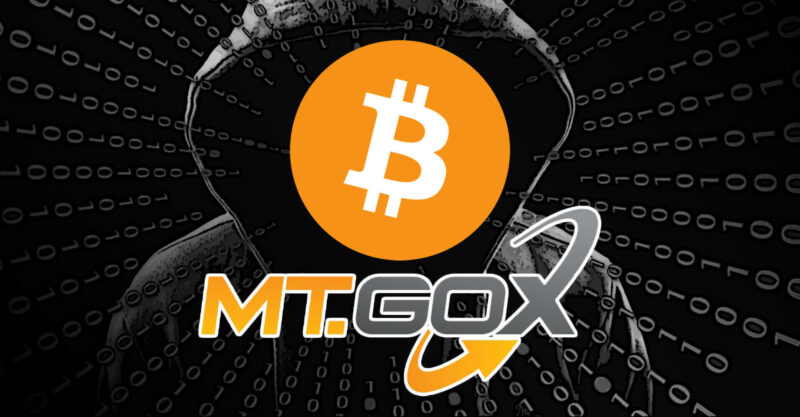
Mt Gox was the largest Bitcoin exchange in the world between 2010 to 2014 before a spectacular decline and eventual bankruptcy. At its peak, Mt Gox handled 80% of all the Bitcoin trading volume in the world.
There was a massive hack of the exchange in 2013 where a reported $450M worth of Bitcoins were stolen and this spiraled down through chaos and confusion ultimately ending in bankruptcy. Most of Mt Gox’s funds were subsequently placed into a trust with the intention to pay back creditors.
Kobayashi Announcement
In the past few days, Mt Gox made sensational headlines again. An announcement was made on March 7 that the bankruptcy trustee for Mt Gox, Nobuaki Kobayashi has been selling large quantities of Bitcoin and Bitcoin Cash since September 2017 to meet the needs of creditors. At press time, Kobayashi still holds $197M and $1.9B worth of Bitcoin Cash and Bitcoin.
According to the creditor report, the total amount of digital assets liquidated by Kobayashi was in the tune 42,988,044,343 JPY. That’s roughly $405M in the current exchange. This has obviously been met with anger and disappointment by the cryptocurrency community at large because it added uncertainty to already volatile Bitcoin prices.
The trustee tried to rationalize the move by claiming that is was to raise funds for disbursements to creditors. In a statement, Kobayashi said:
“As a result of the consultation with the court, I considered it necessary and reasonable to sell a certain amount of BTC and BCC at this point and secure a certain amount of money for distribution resources, and thus, I sold the amount of BTC and BCH above. I made efforts to sell BTC and BCH at as high a price as possible in light of the market price of BTC and BCC at the timing of sale.”
The ridiculous bit of his explanation was that he attempted to sell BTC and BCC at as high a price as possible and this influenced his timing. Many contend that this was a deceptive statement since legitimacy of digital currency has been covertly attacked for a long time by regulators. The fact that he sold them in chunks screams manipulation.
This has certainly been responsible for the recent slide in Bitcoin prices. The decision to dump the coin on the market as opposed to auctions is a clear panic-sell move and is sure to trigger volatility within markets.
The particularly outrageous chunk was the large 18,000 BTC sold on February 5 that tanked prices to a three-month low soon after. It seems that Kobayashi sold the coins at that price out of worry that the price would sink even lower had he held them longer.
However credible Kobayashi’s explanation may end up being worse. Cryptocurrency enthusiasts have not been shy to express their frustration on forums like Reddit.
A Reddit user named Bitradr asking why the assets were not sold at auction like would be typical during bankruptcy. The decision to sell it on the market was sure to cause slippage and a person of his experience and knowledge ought to have known better.
To add insult to injury disgraced CEO of Mt Gox, Mark Karpeles might make a significant sum of money because once creditors are paid off, he is entitled to the remaining funds. He has since plead not guilty for what happened at Mt. Gox.
Bitcoin is influenced by market forces like any other product. However, sometimes the forces are artificial and the consequences dire for investors. It is advisable for all who are passionate about cryptocurrency to always be on the look-out.
